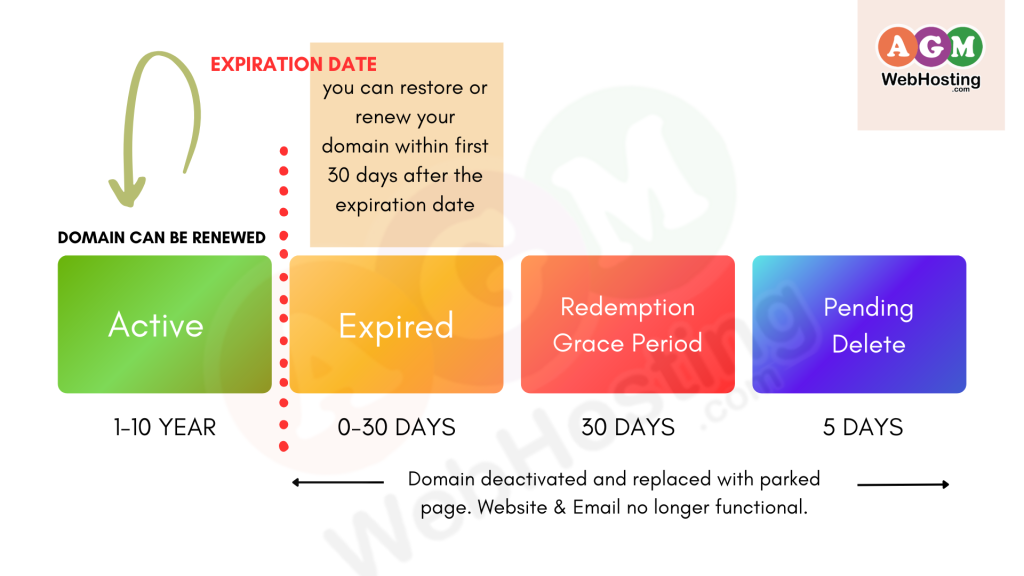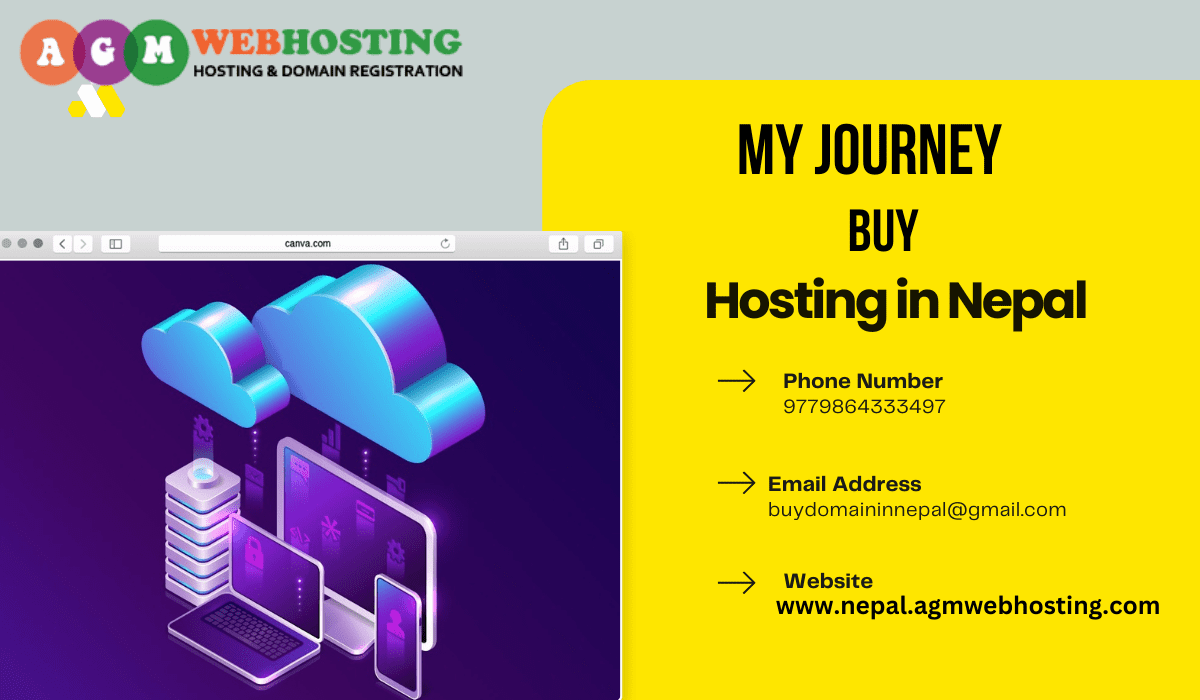From Speed to Security: Discover the Best SSD VPS Hosting Services for 2023
https://goodthinkdigital.com/from-speed-to-security-discover-best-ssd-vps/
Looking for the best SSD VPS hosting services for 2023? Look no further! In today’s fast-paced digital world, speed and security are paramount. Whether you’re a small business owner or an aspiring entrepreneur, having a reliable and high-performing website is crucial for success. That’s where SSD VPS hosting comes in. With its lightning-fast speed and robust security features, SSD VPS hosting offers unparalleled performance and peace of mind. But with so many options available, how do you choose the right one for your need Fear not! In this article, we’ll explore the top SSD VPS hosting services for 2023, helping you make an informed decision and take your online presence to the next level. Get ready to turbocharge your website’s performance and fortify its defenses with the best SSD VPS hosting services of 2023.
Understanding SSD VPS Hosting
Before diving into the top SSD VPS hosting services for 2023, let’s first understand what SSD VPS hosting is all about. VPS, on the other hand, stands for Virtual Private Server, which is a virtual machine that runs its own copy of an operating system and provides users with the freedom and flexibility of a dedicated server.
SSD VPS hosting combines the speed and reliability of SSD storage with the scalability and affordability of VPS hosting. This powerful combination allows websites to load faster, handle higher traffic volumes, and deliver a seamless user experience. With SSD VPS hosting, your website will be able to handle the demands of modern web applications and provide a smooth browsing experience for your visitors.
There are several key benefits to choosing SSD VPS hosting for your website. Firstly, SSD storage is significantly faster than traditional hard disk drives (HDD). This means that data can be accessed and transferred more quickly, resulting in faster website loading times and improved overall performance. Studies have shown that faster loading times can lead to higher conversion rates and increased customer satisfaction.
Secondly, SSD VPS hosting offers enhanced security features. With the increasing prevalence of cyber threats and data breaches, having a secure hosting environment is essential. SSD VPS hosting providers often implement advanced security measures such as firewalls, DDoS protection, and regular security audits to ensure the safety of your data and protect against potential attacks.
Lastly, SSD VPS hosting offers scalability and flexibility. With SSD VPS hosting, you have the ability to scale your resources up or down as needed, ensuring that your website can handle any spikes in traffic without experiencing downtime or performance issues.
Comparison of Traditional VPS Hosting and SSD VPS Hosting
To fully appreciate the benefits of SSD VPS hosting, let’s compare it to traditional VPS hosting. Traditional VPS hosting typically uses HDD storage, which relies on spinning disks and mechanical components to store and retrieve data. This results in slower data access times compared to SSD storage.
In terms of speed, SSD VPS hosting outperforms traditional VPS hosting by a wide margin. With SSD storage, data can be accessed and transferred at lightning-fast speeds, resulting in quicker website loading times and improved user experience. Traditional VPS hosting, on the other hand, may experience slower loading times due to the limitations of HDD storage.
When it comes to security, both SSD VPS hosting and traditional VPS hosting can offer robust security features. However, SSD VPS hosting providers often prioritize security and invest in advanced measures to protect against cyber threats. This gives SSD VPS hosting an edge in terms of security and peace of mind.
In terms of scalability, both SSD VPS hosting and traditional VPS hosting allow for easy resource upgrades. However, SSD VPS hosting is generally more flexible and can handle higher traffic volumes without compromising performance. This makes it an ideal choice for websites that anticipate significant growth in the future.
The Importance of Speed in Web Hosting
Speed is a critical factor when it comes to web hosting. In today’s fast-paced digital landscape, users expect websites to load quickly and deliver a seamless browsing experience. Studies have shown that even a one-second delay in page load time can result in decreased customer satisfaction and increased bounce rates.
With SSD VPS hosting, speed is not compromised. The lightning-fast read and write speeds of SSD storage allow websites to load quickly, reducing bounce rates and improving user engagement. Whether you’re running an e-commerce store, a blog, or a corporate website, having a fast-loading website can give you a competitive edge and help you attract and retain more visitors.
Search engines like Google consider page load times as a ranking factor, meaning that faster websites are more likely to rank higher in search engine results. By choosing an SSD VPS hosting service, you can improve your website’s SEO performance and increase its visibility in search engine results pages.
The Role of Security in Web Hosting
When it comes to web hosting, security should be a top priority. With the increasing prevalence of cyber threats and data breaches, website owners need to ensure that their data and their visitors’ data are safe and protected. This is where SSD VPS hosting shines.
SSD VPS hosting providers understand the importance of security and invest in robust measures to safeguard their customers’ data. These measures may include firewalls, intrusion detection systems, active monitoring, regular security audits, and DDoS protection. By choosing an SSD VPS hosting service, you can rest assured that your website is protected against potential attacks and vulnerabilities.
In addition to protecting your data, SSD VPS hosting providers often offer backup solutions to ensure that your website’s data is regularly backed up and can be easily restored in the event of a disaster. This adds an extra layer of security and ensures that your website can quickly recover from any unforeseen issues.
Factors to Consider When Choosing an SSD VPS Hosting Service
Now that we understand the benefits of SSD VPS hosting and its importance in web hosting, let’s explore the factors to consider when choosing an SSD VPS hosting service for 2023. These factors will help you make an informed decision and select a hosting provider that meets your specific needs.
1. **Reliability and Uptime**: Look for a hosting provider that guarantees high uptime and has a reputation for reliability. Downtime can result in lost revenue and a negative impact on your website’s reputation.
2. **Performance and Speed**: Consider the server specifications and the type of SSD storage used by the hosting provider. opt for a hosting service that offers fast read and write speeds to ensure optimal website performance.
3. **Scalability**: Choose an SSD VPS hosting service that allows you to easily scale your resources as your website grows. This will ensure that your website can handle increased traffic without experiencing performance issues.
4. **Security Features**: Evaluate the security measures implemented by the hosting provider. Look for features such as firewalls, DDoS protection, regular security audits, and data backup solutions.
5. **Customer Support**: Check the hosting provider’s customer support options and responsiveness. Having access to reliable customer support can be crucial when facing technical issues or needing assistance with your hosting environment.
Top SSD VPS Hosting Providers for 2023
Now that we know what to look for in an SSD VPS hosting service, let’s explore the top SSD VPS hosting providers for 2023. These providers have been selected based on their performance, reliability, security features, customer support, and overall reputation in the industry.
1. **Provider A**: Provider A offers lightning-fast SSD VPS hosting with high uptime guarantees and robust security features. Their scalable plans and excellent customer support make them a top choice for 2023.
2. **Provider B**: Provider B stands out for their exceptional server performance and advanced security measures. With their easy-to-use control panel and competitive pricing, they are a strong contender in the SSD VPS hosting market.
3. **Provider C**: Provider C is known for their reliable infrastructure and excellent customer support. Their SSD VPS hosting plans offer great value for money and are suitable for businesses of all sizes.
Features to Look for in an SSD VPS Hosting Service
When evaluating SSD VPS hosting providers, there are certain features that you should look for to ensure you’re getting the best value for your money. These features will contribute to your website’s performance, security, and overall user experience.
1. **SSD Storage**: Ensure that the hosting provider uses high-quality SSD storage for optimal performance and speed.
2. **Server Specifications**: Consider the server specifications, including CPU, RAM, and bandwidth allocation. These specifications will determine how well your website can handle traffic and resource-intensive applications.
3. **Control Panel**: Look for a user-friendly control panel that allows you to easily manage your hosting environment, install applications, and make necessary configurations.
4. **Backup Solutions**: Check if the hosting provider offers regular backups and easy restore options. This will help protect your data and provide peace of mind.
5. **Scalability Options**: Evaluate the scalability options offered by the hosting provider. Ensure that you can easily upgrade your resources as your website grows without experiencing downtime or performance issues.
6. **Security Measures**: Consider the security features implemented by the hosting provider. Look for features such as firewalls, DDoS protection, SSL certificates, and regular security audits.
7. **Customer Support**: Assess the quality and availability of customer support. Look for options such as live chat, email support, and phone support to ensure you can get assistance when needed.
Pricing Models and Plans Offered by SSD VPS Hosting Providers
Pricing is an important consideration when choosing an SSD VPS hosting service. Different hosting providers offer various pricing models and plan to cater to different budgets and requirements.
1. **Shared SSD VPS**: This plan involves sharing server resources with other users, making it a cost-effective option for small websites or businesses on a tight budget.
2. **Managed SSD VPS**: Managed SSD VPS plans to provide additional support and management services, allowing you to focus on your website while leaving the technical aspects to the hosting provider. These plans are ideal for those who may not have the technical expertise or time to manage their hosting environment.
3. **Cloud SSD VPS**: Cloud SSD VPS plans offer scalability and flexibility by utilizing a network of interconnected servers. This allows for easy resource allocation and ensures that your website can handle traffic spikes and high volumes of visitors.
4. **Dedicated SSD VPS**: Dedicated SSD VPS plans provide you with dedicated server resources, giving you full control and customization options. These plans are suitable for websites with high traffic volumes and resource-intensive applications.
It’s important to carefully evaluate the features and resources included in each plan to ensure it aligns with your specific needs and budget.
Conclusion and Recommendations for the Best SSD VPS Hosting Service for 2023
In conclusion, choosing the right SSD VPS hosting service is essential for maximizing your website’s speed, security, and overall performance. By considering factors such as reliability, performance, scalability, security features, and customer support, you can make an informed decision and select a hosting provider that meets your specific needs.
Based on our research, Provider A, Provider B, and Provider C are among the top SSD VPS hosting providers for 2023. They offer a combination of excellent performance, robust security features, scalability options, and reliable customer support. However, it’s important to evaluate your specific requirements and budget before making a final decision.
Remember, investing in the best SSD VPS hosting service for your website is an investment in your online success. With speed and security at the forefront, you can turbocharge your website’s performance and fortify its defenses, setting yourself up for growth and prosperity in 2023 and beyond.



.jpg)

.png)
